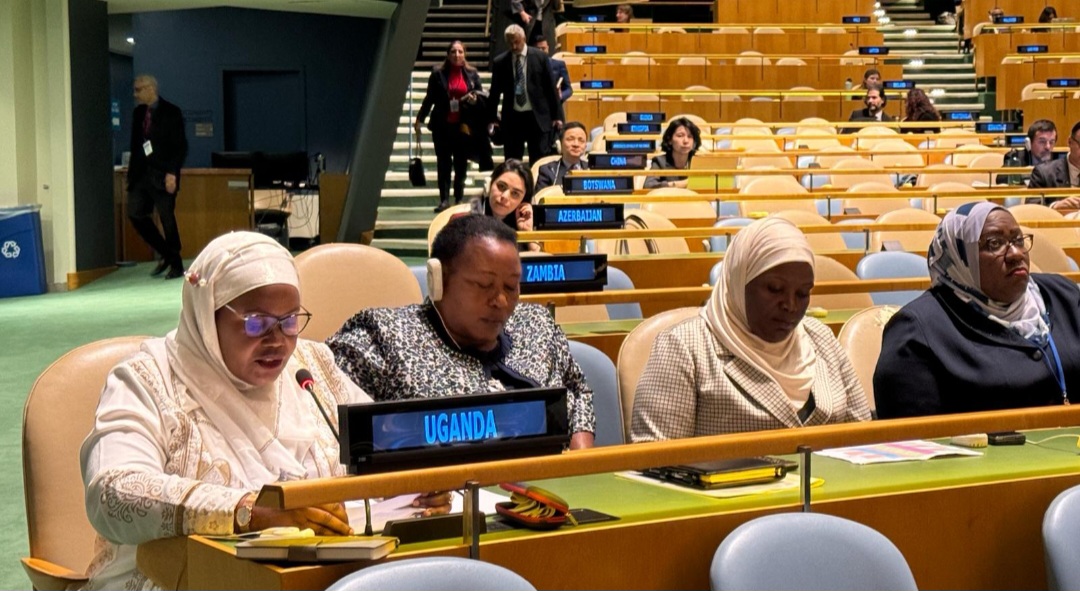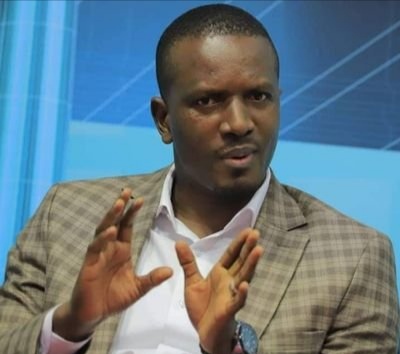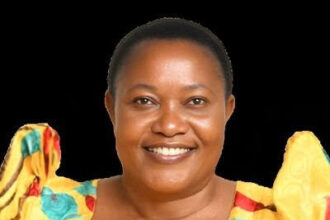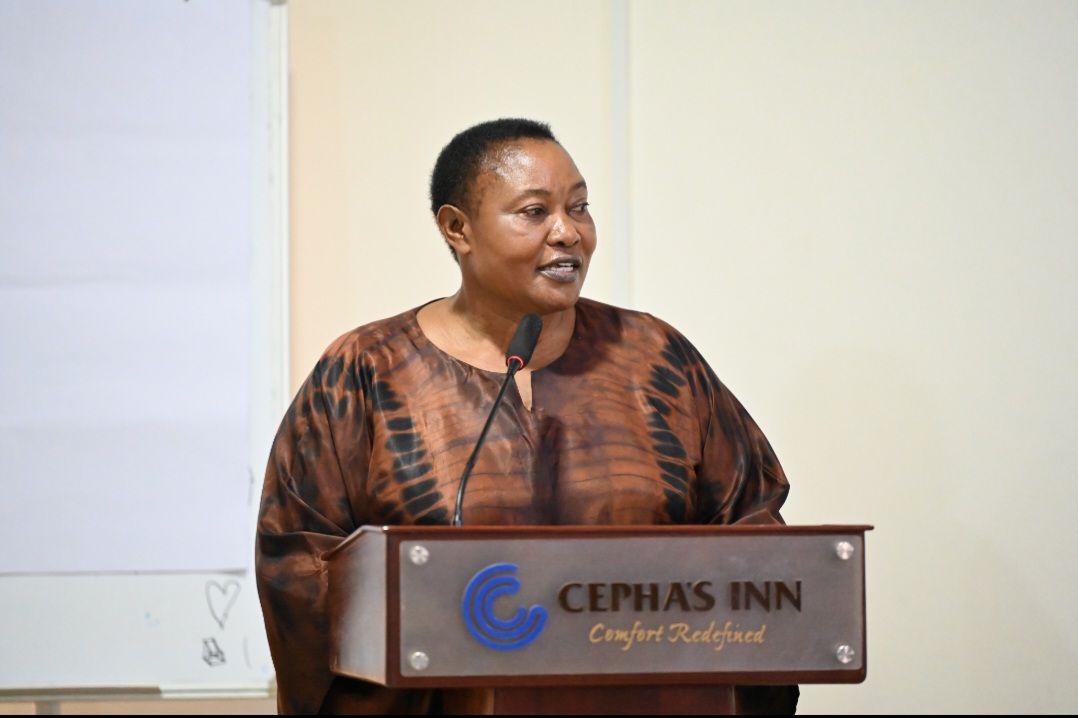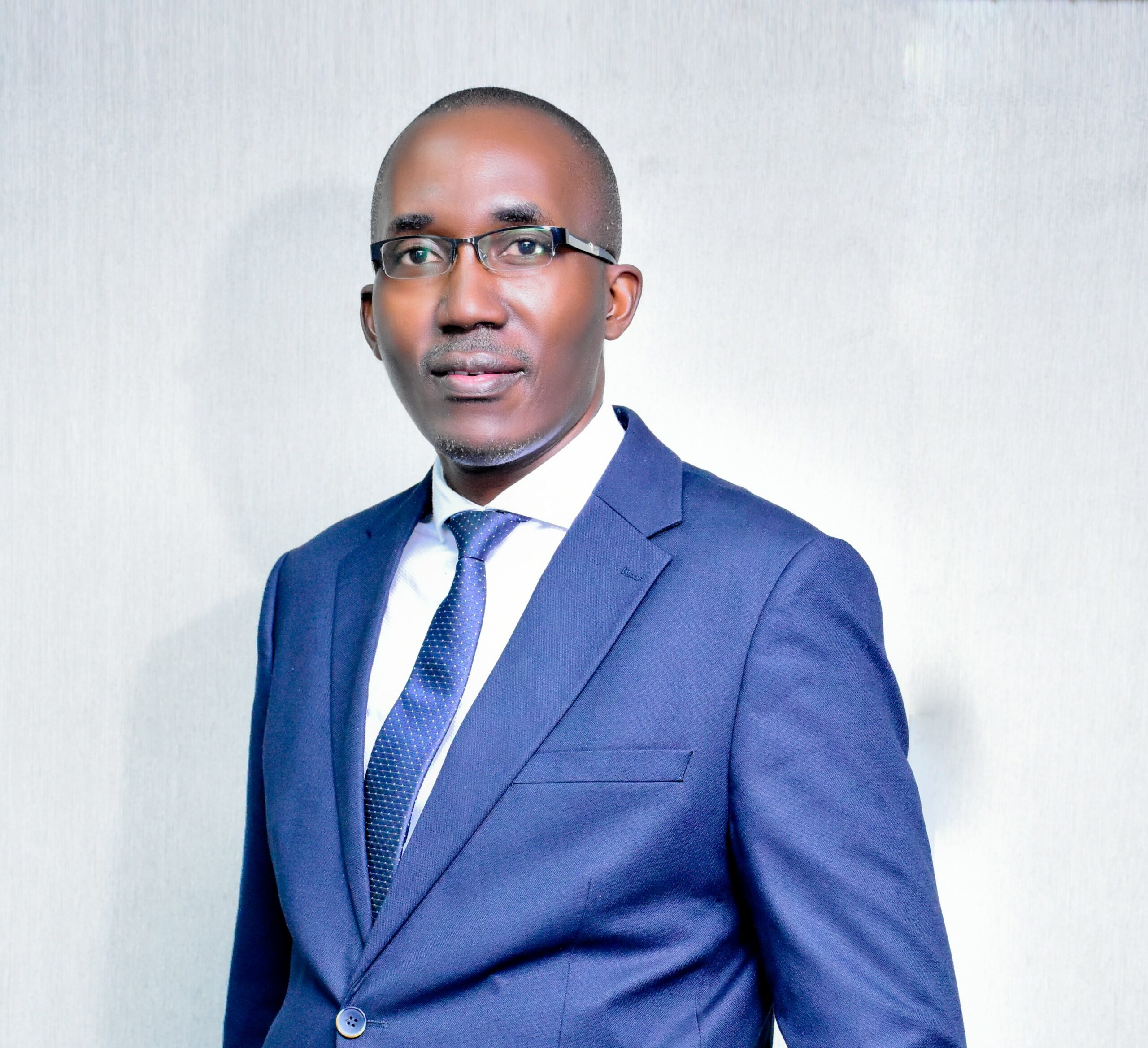The Third Deputy Prime Minister and Minister without Portfolio,Rt. Hon. Rukia Nakadama has reaffirmed Uganda’s commitment in fighting Islamophobia and its support to the Organisation of Islamic Cooperation (OIC) efforts in combating the phenomenon.
She called upon all States to stand together in solidarity rejecting all policies, statements or practices that seek to discriminate against Muslims or link them to violence.
Rt. Hon. Nakadama made the remarks yesterday 15th March,2024 at a high level event of the 68th Session of the Commission on the Status of Women,held at the United Nations (UN) headquarters in New York,USA.
She was accompanied by the Minister for Presidency, Hon. Babirye Milly Babalanda and the Secretary, Presidential Awards Committee,Hajjat Zaminah Malole and other Ugandan technical officers.
The special high-level event was in commemoration of the International Day to Combat Islamophobia; a day that underscores the urgency of a collective Mission to confront the alarming rise of this global trend marked by the rise of racism, racial discrimination; xenophobia and related intolerance.
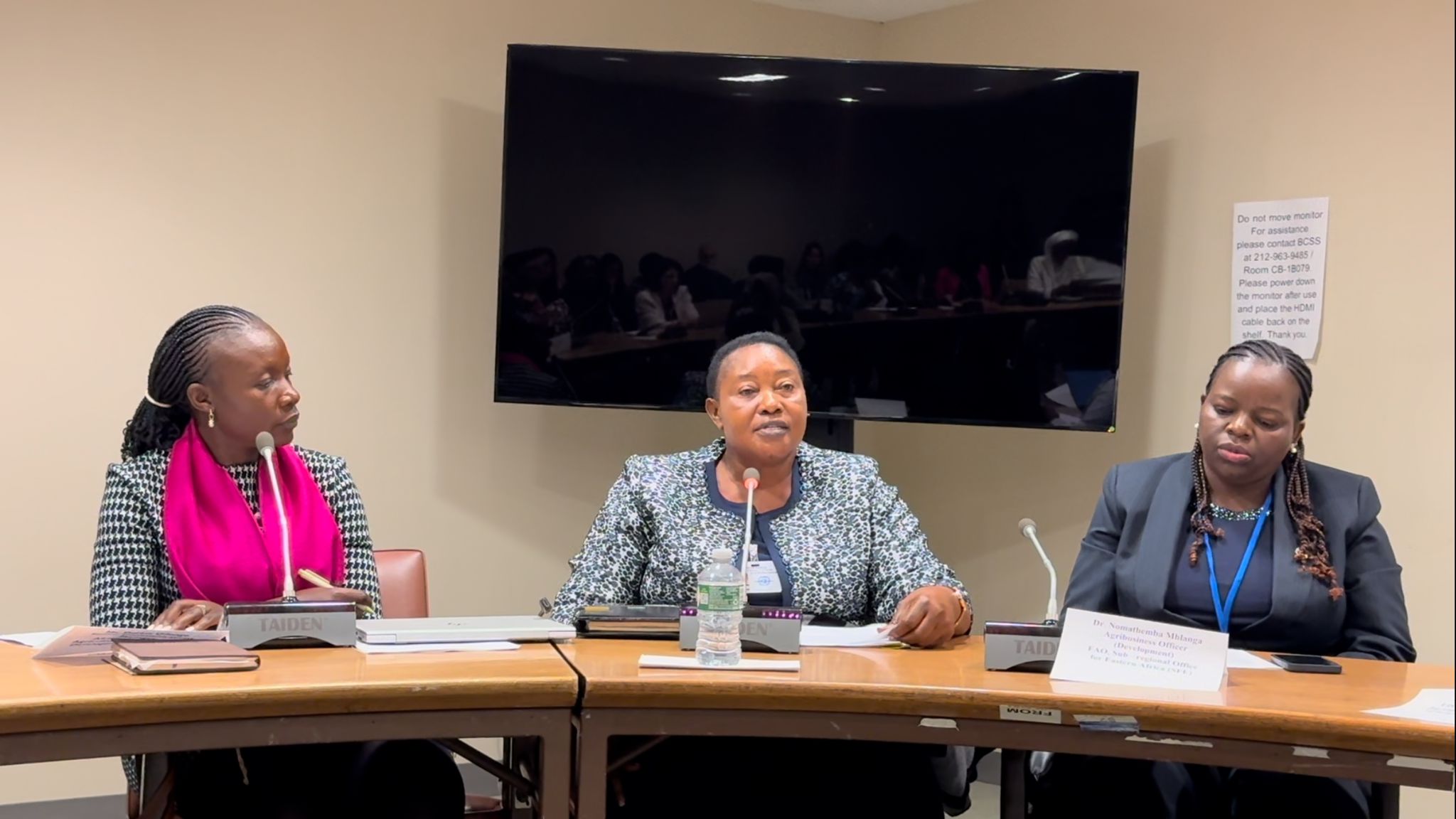
On the other hand, during a side event of the session aimed at exploring the nexus of gender-responsive Policies and Equitable Agrifood Systems, Hon. Babalanda noted that the role of agriculture in the transformation of a developing economy has been widely established in the development economics literature and it has informed public policy in developing countries to undertake interventions that enhance agricultural productivity.
She also advised that progress in gender equality and women’s empowerment in agrifood systems is only possible if policies, programs and investments are deliberately designed to tackle the multifaceted and interconnected challenges that men and women face.
“These policies must address gaps in resources and assets to close the gender gap for development,” she said.
“They must also address the limitations that underlie the gender gaps in agrifood systems, including unfair social norms and restricting institutional and policy frameworks to adequately recognize and address gender inequalities,” she added.
Hon. Babalanda further noted that Uganda is committed to implementing gender-sensitive food and agricultural policy frameworks.
“For example, we have the Food and Nutrition Policy of 2003 that is currently under review and there are several interventions that promote inclusive gender practices,” the Minister said.
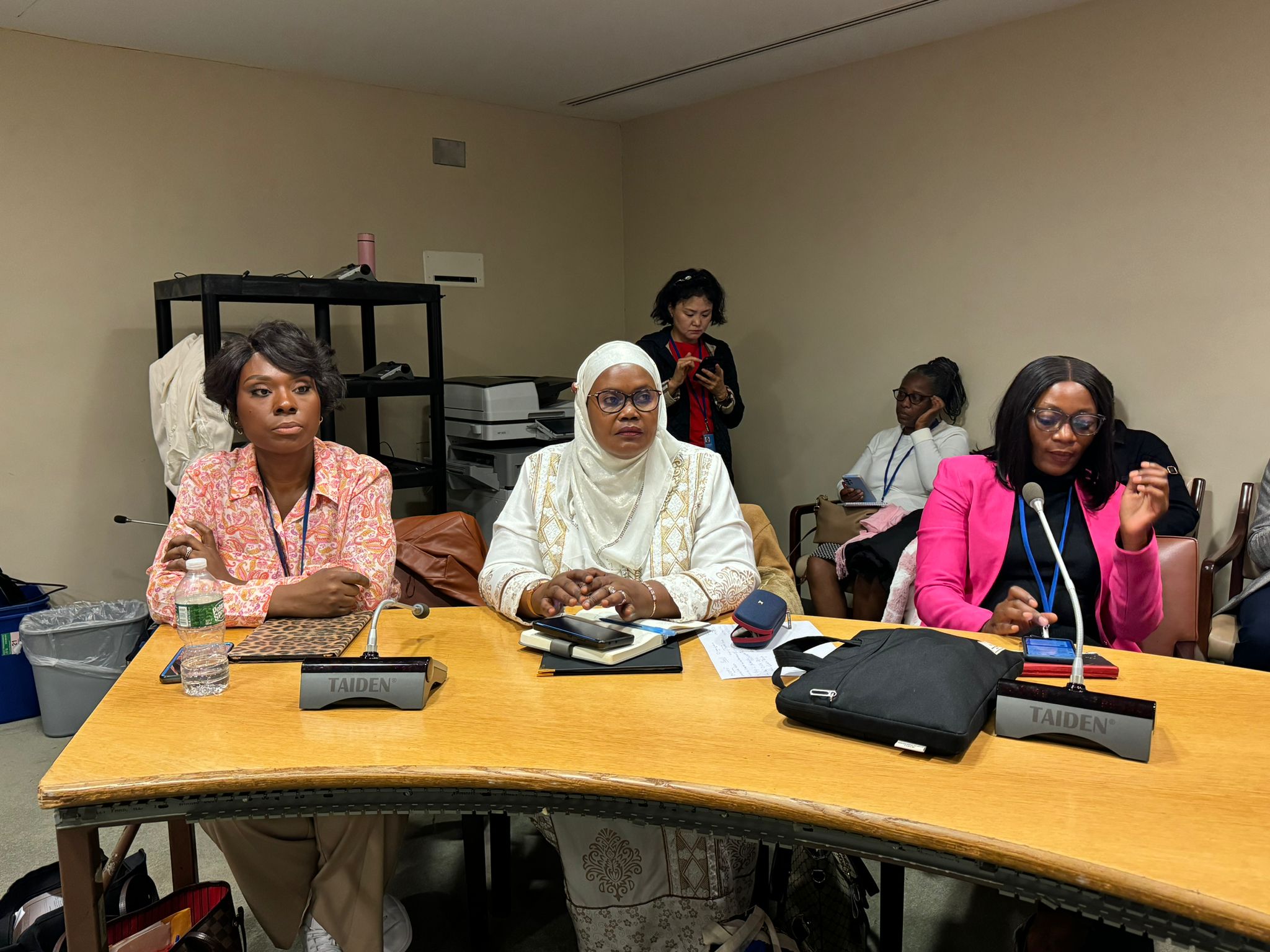
“The Government has established interventions designed to close gender inequalities and empower women. Where possible, the government is using transformative approaches at community and national level to address discriminatory gender norms and attitudes that hinder women’s full participation in Agriculture.”
However, she said there is need to strengthen collection and use of high-quality data, broken down by sex, age and other forms of social and economic differences.
“There is also a need to implement accurate qualitative and quantitative gender-research for effective monitoring, evaluation and accelerating progress on gender equality in agrifood systems. Others include localizing interventions that address multiple inequalities that have been proven to close gender-gaps and empower women in agrifood systems to scale up, while taking into consideration the local context.”
The Minister also explained that as the government of Uganda they take note of the discriminatory social norms and rules that still affect women and girls at the heart of gender inequality and these have been slow to change.
“Achieving lasting transformative change for gender equality in agrifood systems requires addressing informal factors– in terms of norms and formal factors – in terms of policy; that cause gender-inequality, while concurrently addressing gendered resource-constraints in work, productivity, assets, services and shocks,” Hon. Babalanda stressed.
“It is worthy to note that the context of agrifood systems and gender-transformative approaches have shown positive results in enhancing women’s self-worth and negotiation capacities within households, communities, and the nation at large.”
Do you have a story in your community or an opinion to share with us: Email us at Submit an Article



